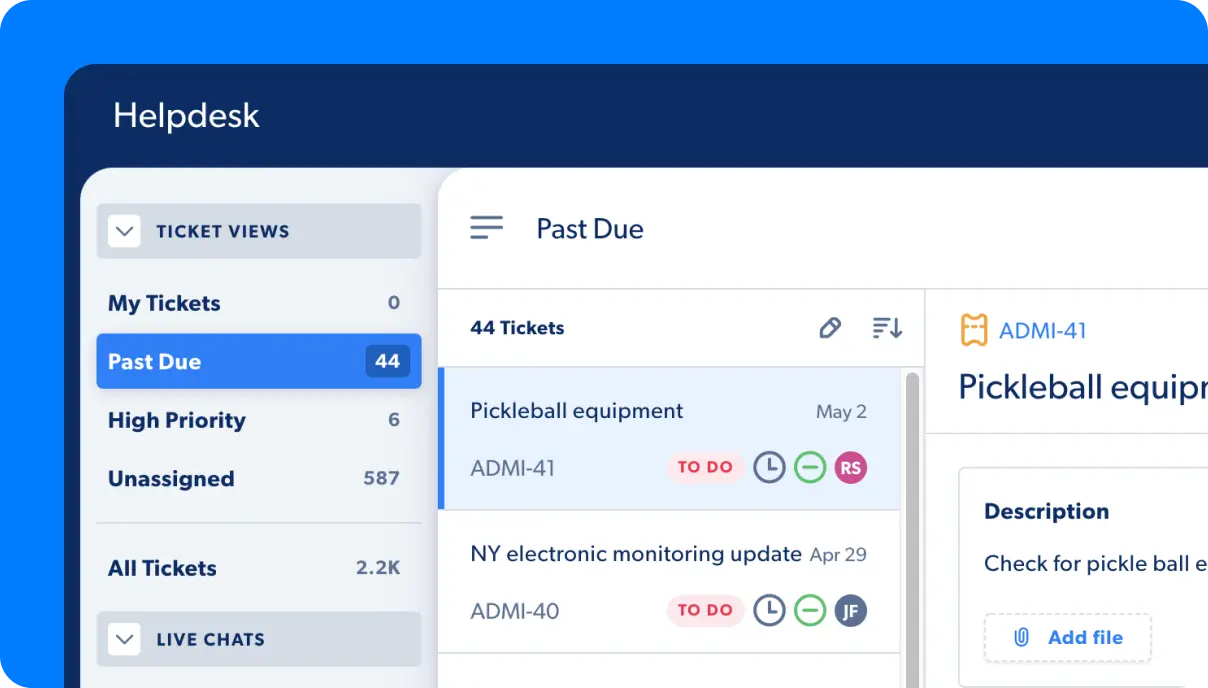Some mortgage companies are still wasting time on repetitive, organizational tasks such as capturing leads and answering the same questions from borrowers over and over again. Adopting an automation-first mentality can help these companies streamline day-to-day jobs that take up labor and resources so they can concentrate on growing their business.
An automation-first approach makes automation the core of loan origination, servicing, and other mortgage-related tasks. It involves automating manual, administrative jobs that take up the time of talented team members.
What is the automation-first methodology?
The automation-first approach places automation at the center of mortgage servicing and loan origination. There’s an emphasis on tools and technologies that automate manual tasks such as loss mitigation, default management, forbearance management, customer support, employee support, lead capturing, and quality assurance. By automating these tasks, loan officers and other personnel can improve productivity, customer service, loss prevention, and business growth.
Pro-tip: Capacity is a support automation platform that automates tasks for mortgage lenders everywhere. One of its features is 24/7 automated support for borrowers, sellers, and support personnel. That means customers and employees can receive answers to common questions — “How long will my mortgage application take?” “When is my next payment due?” “How do I change my email address?” — without any human intervention. Mortgage lenders can save on labor costs and improve customer service and employee engagement.
How to adopt an automation-first mentality.
Loan officers, underwriters, and other personnel working in the mortgage industry should use automation as the starting point when completing organizational tasks. That includes determining how automation can facilitate manual tasks typically executed by employees. These companies should be sure whether a team member needs to carry out a particular job themselves, or if automating that job could save time and money. Managers should be asking themselves, “Is this really necessary?”
Automation-first means thinking differently about organizational challenges within a business and automating the processes that don’t require human intervention. However, automation-first is a long-term strategic approach to business development, not an overnight fix. Placing automation at the center of a mortgage business requires foresight, planning, and cooperation between all departments.
Examples of automation technologies include chatbots, cloud storage, helpdesk solutions, and intelligent document processing.
Automation-first mentality examples.
Take customer support. Suppose a borrower contacts a loan officer because they can’t make their next mortgage payment. In that case, the loan officer will need to review the borrower’s account, decide whether to defer a payment, and respond to the borrower. This whole process can take time away from an already-busy loan officer.
Companies adopting the automation-first approach will realize they can automate this type of customer support using various technologies and processes. That might include a chatbot that verifies the borrower’s identity via a live chat interface, reviews their account, and responds to the customer in seconds. The borrower can receive a satisfactory response with no human intervention. Companies can achieve the same outcomes with automation as manual workflow management but save time and resources.
Another example of the automation-first mentality is when companies use automation to speed up the onboarding process. Instead of manually training new loan officers, mortgage companies can automate onboarding support for new operations personnel and achieve the same, if not better, hiring outcomes.
Pro-tip: One of the biggest concerns for mortgage companies is complying with regulatory frameworks. Capacity’s mortgage support automation platform provides instant access to USDA, FHA, VA, Freddie, and Fannie guidelines so loan officers and personnel can improve compliance and offer a better quality service to borrowers and clients.
Why is automation important?
Automation is critical for the mortgage industry because it benefits both borrowers and lenders. Automating loan origination, for example, allows successful mortgage applicants to pass lending checks and receive a mortgage decision in a quicker time frame. It also lightens the load for loan officers by streamlining repetitive administrative tasks.
According to Fannie Mae’s Mortgage Lender Sentiment Survey, mortgage companies who digitize workforce management tasks see increased benefits compared to companies that don’t. Eighty-nine percent of lenders saw reduced cycle times and increased productivity, while 85 percent experienced enhanced quality of work, including reduced data errors. Other benefits of digital transformation techniques like automation include attracting more borrowers, lower workforce turnover rates, reduced loan origination costs, and lower regulatory and compliance costs and risks.
How can Capacity help?
Capacity is a support automation platform that automates many mortgage servicing and loan automation tasks. It boasts features such as automated onboarding support, chatbot technology, intuitive workflow automation, and repopulated knowledge packs for USDA, FHA, VA, and other mortgage-related guidelines.










































